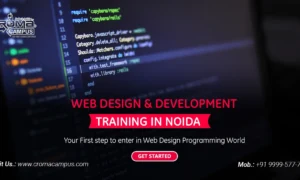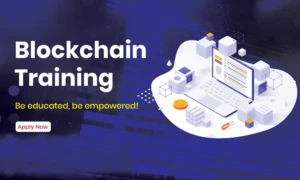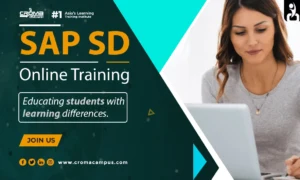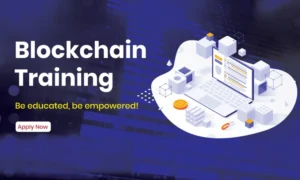Educational professionals bear a significant and vital responsibility in shaping the future of our society by imparting knowledge and skills to the next generation. The influence of their careers extends well beyond the confines of classrooms, reaching into the broader community and leaving a lasting impact on individuals while contributing to societal growth. However, one may ponder: How can we accurately assess, measure, and truly comprehend the extent of this profound impact on both current and future generations? Here are five methods to effectively gauge the effectiveness of your career in education.
Student Progress:
One of the most direct and substantial measures of a teacher’s impact lies in the ongoing progress and development of their students. Longitudinal academic success, consistent improvement in problem-solving skills, and the demonstrated ability to apply acquired knowledge in real-world scenarios all serve as key indicators of the profound and transformative effects of impactful teaching.
Teacher-Student Relationships:
Developing strong, positive relationships between teachers and students not only serves as a significant measure of your impact but also forms an essential aspect of fostering a supportive learning environment. When students genuinely feel valued, heard, and understood, they are more likely to actively engage in the learning process, ultimately leading to greater success in their academic journey.
Positive Influence on School Culture:
An educator’s influence extends far beyond individual students and often plays a pivotal role in shaping the entire school culture. By actively promoting and cultivating a positive, inclusive, and collaborative environment, educators can have a lasting impact on creating a vibrant community of learners who not only feel safe and supported but also thrive academically, socially, and emotionally.
Advocacy for Lifelong Learning:
“Education is not preparation for life; education is life itself,” said John Dewey, a renowned American philosopher and educational reformer of the late 19th and early 20th centuries. Advocating for lifelong learning is an indispensable and crucial part of an educator’s role. This involves not only instilling knowledge and skills in students but also nurturing their curiosity and fostering a deep-rooted love for learning that extends far beyond their school years. By encouraging students to value education and embrace continuous learning throughout their lives, educators have the power to make a profound and lasting impact on their future success and personal growth.
Impact Beyond the Classroom:
Lastly, dedicated educators often play a vital role not only inside the classroom but also in the broader community. By actively engaging with the local community, supporting a wide range of extracurricular activities, and building strong partnerships with parents and caregivers, educators can make a lasting and profound difference in the lives of their students and beyond.
Peter Kalbfleisch, Vice Principal at Waterloo Region District School Board, exemplifies the profound impact a dedicated professional can have in the field of education. Peter Kalbfleisch is passionate about accessible education for all students, and as an experienced administrator, he has dedicated his long-standing career to education. The impact of a career in education is multifaceted and profound. It extends beyond the confines of the classroom, influencing not only students’ academic success but also their personal growth, the school culture, and the broader community. By keeping the focus on these key areas, educators can ensure they are making a meaningful difference in the lives of their students and beyond.







































